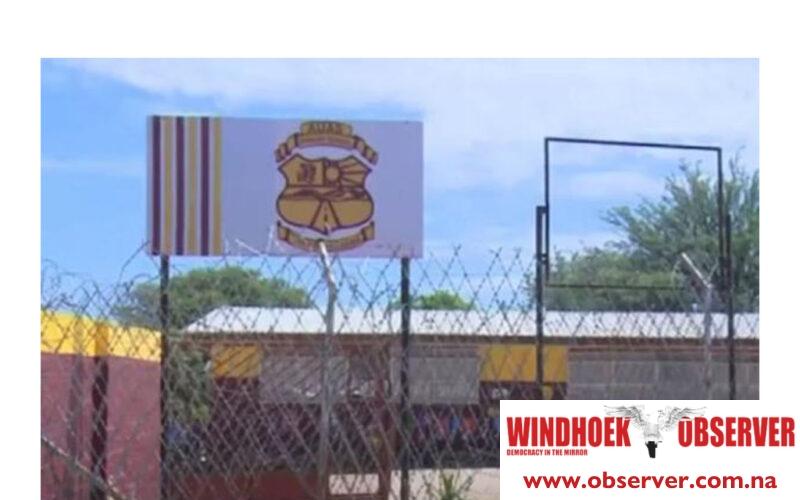Hertta-Maria Amutenja
A report on Auas Primary School has raised concerns about the sidelining of Khoekhoegowab, even though most learners at the school speak the language.
The report, compiled by a group of teachers, says leadership and staffing choices have weakened the presence of Khoekhoegowab in the school.
It highlights that the Head of Department (HOD) post for Khoekhoegowab in the junior primary phase has been vacant for nearly three years.
In the senior primary phase, the position has not been filled for over ten years.
“This has left a critical leadership vacuum in curriculum implementation, teacher guidance, and pedagogical oversight,” the report states.
The report also refers to a case where a multilingual teacher fluent in Khoekhoegowab, English, and Afrikaans was passed over for promotion, despite taking on HOD-level responsibilities.
The teacher later left the school for a leadership role elsewhere.
The report says a relief teacher meant to support Khoekhoegowab in the senior primary phase was assigned to teach English instead, leaving only one teacher to handle Khoekhoegowab in that phase.
It also criticises the restructuring of the HOD posts.
A former Khoekhoegowab-specific HOD role was re-advertised to include Oshikwanyama and English.
The report argues this move reduces the focus on Khoekhoegowab and shows a broader trend of favouring other languages over it, despite the number of learners who speak it.
Activist Shaun Gariseb blamed both the education ministry and the school board for the issue.
“If you care enough to try to solve a problem, then it matters to you. If it matters to you, it must affect you in some way. But often we try to solve problems as if we are outside them,” Gariseb said.
He said the education minister, Sanet Steenkamp, is aware of the situation.
“She does not need to be told by anyone, not by the school board chairperson, parents or community members. She knows everything we are saying is true.”
Gariseb challenged Steenkamp to say what she has done to resolve the problems facing indigenous language teaching.
He rejected the ministry’s claim that there is a shortage of qualified Khoekhoegowab teachers.
“There is no lack of Khoekhoegowab teachers at all. She says it’s a challenge to find qualified teachers in Setswana, Afrikaans, and Khoekhoegowab,” he said.
He also alleged that Auas Primary is not registering pre-primary learners for 2026, unlike other schools that have already begun.
Gariseb further claimed that six teachers from the same village allegedly paid to be employed at the school, while Khoekhoegowab classes were replaced with Oshikwanyama.
He claimed that after freezing three advertised posts, Oshikwanyama recruited HODs, leaving Khoekhoegowab without leadership.
“In Omaheke, it’s now 18 years without a Khoekhoegowab HOD,” he said.
In April, parents and community members handed over a petition to the ministry. They demanded action to address the language’s marginalisation at the school.
The petition followed earlier claims of unfair hiring, cultural insensitivity, and misconduct against the school’s principal, Toini Nauyoma.
It also accused the ministry of neglecting Khoekhoegowab-speaking learners, who form the majority at the school.
When contacted, Nauyoma declined to comment.
The education ministry did not respond to questions from the Windhoek Observer by the time of publication.




